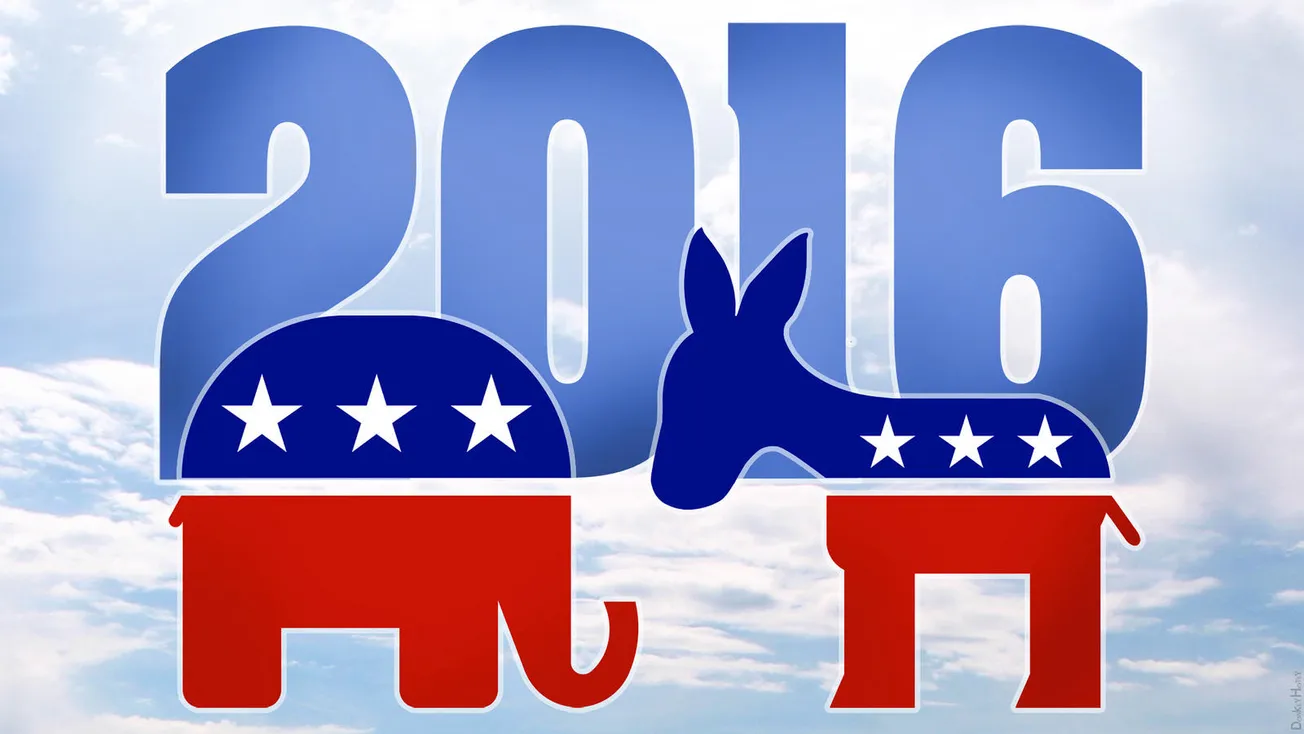Table of Contents
Stanford professors and students alike should make an effort to keep politics out of the classroom
Recently, a good friend complained to me that her English professor exhorted all her students to turn out and vote, and to convince their friends to do so as well. Not only that, but she emphasized the importance of preventing swing states from going Republican. My friend felt very uncomfortable with her teacher’s assumption that the entire class intended to vote for Hillary Clinton.
Should a teacher really be telling his or her students how to vote? Whether proposing political opinions as part of the class material or merely venting personal views during class, such action is an abuse of the position and responsibility of a professional educator.
Unfortunately, my friend is not alone–others have reported professors who repeatedly compare Trump to Hitler, TAs who ridicule the Republican party. Has the dark cloud of blatant political bias infected the classroom, including classes that are supposed to teach us subjects outside the realm of current political events? Many faculty and students at Stanford have passionately taken sides on each issue, and the widespread vitriolic disgust at Trump has caused professors to express their anti-Trump opinions in inappropriate circumstances. Some wonder why they should shrink from expressing their views if almost everybody agrees that Trump is the veritable anti-Christ.
However, this attitude opens the dangerous door to the normalization of political expression in the classroom and raises a red flag regarding Stanford’s academic culture. Deviances from class material into controversial territory often intimidate and upset students who disagree. Such students will inevitably worry that, if they argue for another perspective, their professor’s respect for them or their grade in the course will diminish. Furthermore, politicized professors do students a disservice by pushing unsolicited and unneeded political agendas upon them in the time and place least appropriate.
Academic freedom allows academics to express their informed opinions in their fields of expertise, regardless of whether their research has led them to advocate a popular or unpopular view. However, bringing up a charged political topic in a class on an unrelated subject area is unethical and falls outside of the boundaries of that protection. A physics professor’s opinion on politics (or comparative literature, or international relations) is no more or less valuable than anyone else’s, and has no place in class. When professors do express their opinions, they are undermining that freedom, flaunting their position of power. In addition, even if the position is open for discussion, students may refrain from contributing out of their discomfort, or even abstain from further class discussions. Thus the professor whose duty it is to engage and instruct can hamper discussions and unduly intimidate students with unprofessional behavior.
Not all professors inject their politics into the classroom. Many of us have been lucky enough to learn from professors who consistently redirected the class conversation away from partisan politics and back to the relevant discussion whenever such topics came up. However, after the upcoming election, many people will want to comment on the situation, and my friend’s recent experience indicates that this desire may apply to professors as well as students in everyday conversation.
Stanford should make every effort to foster a community of diverse opinions and free speech without compromising the pursuit of learning. I am not suggesting that classes become free from controversial opinion—in fact, I think classes are often the best space to encounter dissenting views.However, this does not justify bringing up contentious topics such as the current election in an English class. We should be able to trust that our classrooms will not be imbued with the same polarization that is occurring in the political scene. The classroom is one of the few remaining places where that trust still flourishes. If we cannot trust our professors to respect the sacred devotionof the classroom to honest and unbiased pursuit of truth, how can we rely on the integrity of our education? Intentionally crossing the line between controversy and new, challenging ideas constitutes a dire threat to the vital spirit of our dedication to excellence. The anxiety about the election which affects many of us is no excuse for a breach of academic integrity. As students, we should aspire to create a community of intellectual diversity in union with our common pursuit of truth.
Regardless of who sits in the White House, we deserve a world-class Stanford education uninhibited by political bias. This election has already ruined many things (e.g. both political parties); we should not let it ruin Stanford.





